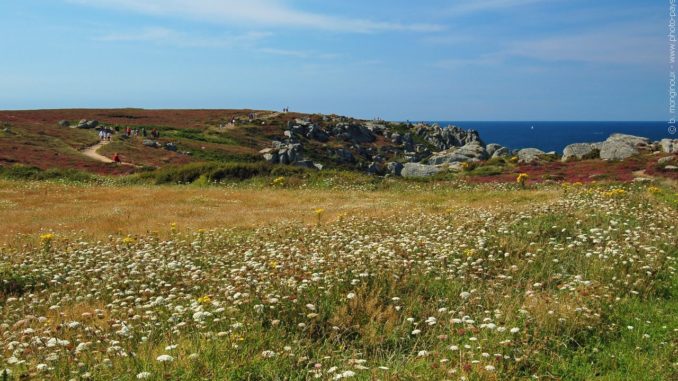
4 pour 1000 – France leads on Soil Carbon?
IATP’s Ben Lilliston at #COP21 in Paris, examines France’s soil plans, and how agroecological or otherwise they are. […]

IATP’s Ben Lilliston at #COP21 in Paris, examines France’s soil plans, and how agroecological or otherwise they are. […]
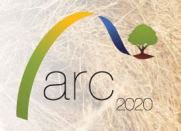
Hello and welcome to our December newsletter! The Conference of the Parties to the United Nations Framework Convention on Climate Change – better known as COP21 – is underway in Paris. As we saw in the run up, with the Bonn talks we covered recently, nation states mostly argue their corner and real ambition is quite low: 2.7 degrees Celsius warming might be an optimistic outcome of the COP21, based on Bonn – and that’s hardly enough to prevent runaway climate change, when 2 degrees is the recognised ceiling. Agri-food is implicated in both Climate Change mitigation and adaptation. We’vesharpened our focus on these plus on regenerative agriculture, on soil, land use change and a host of other factors. In short we believe there are ways food production can become truly sustainable as outlined by IPES and others over recent months. This involves climate change and other food security, agroecology and food sovereigntydimensions, as we explore in numerous posts on our site. Let’s all work towards a real, sustainable agri-food sector, one that can hep us cope with […]

Hello and welcome to our November newsletter!Can rural areas step up to help with Europe’s refugee crisis? What is the rural response to climate change? And what are the core issues of inequality between rural and urban regions in the EU? These and other topics questions are being assessed this coming week in Austria at the second European Rural Parliament. (Live video links also at post)We’ve been busy covering GMO’s in recent weeks: EU Member States and regions have either opted in or out of the option of growing, and that has divided the UK. Romanian farmers however, seem unified in their rejection of the technology. In what has been one of our most popular stories ever – one with some real detective work conducted by Ramona from Eco Ruralis – we reveal how much a failed crop GM Maize is in what was once the darling nation-state of the biotech sector. (This story has been shared from our site over 11,000 times on facebook, a stat which excludes other shares from elsewhere). Some more […]
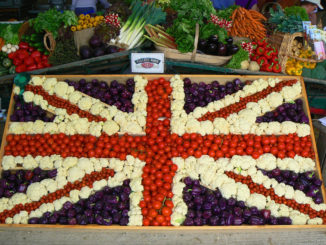
Brexit – US trade chief tells UK to “stay in EU”. Would TTIP lock the UK out of global trade, post #Brexit? And what does the EU do for the UK re agri payments anyway? […]
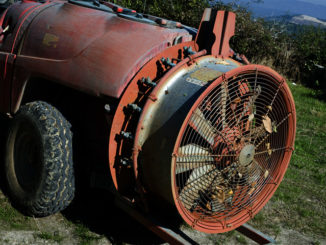
Like its failed predecessor, Ecophyto 2018, Ecophyto 2 aims to halve pesticide use in France during the coming decade. How will it fare? Peter Crosskey explores. […]
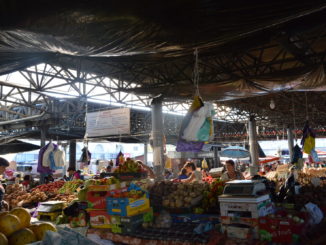
When it comes to food and agriculture, traveling through the Republic of Moldova takes you back in time, in the best way possible. Eastern Europe still shelters a great number of peasants, which provide direct access to healthy and organic food for consumers. […]
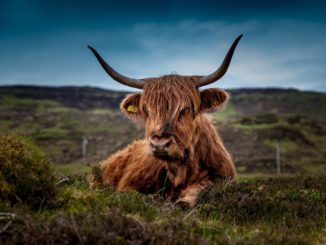
We need a new deal – a new citizen focused CAP. Guest post by Pete Richie of Nourish Scotland. […]
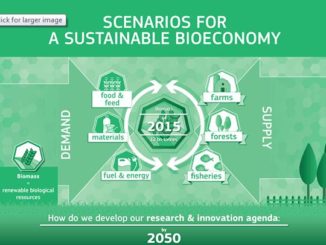
Sustainable agriculture, forestry and fisheries in the bioeconomy, a challenge for Europe is the title of the latest foresight exercise of the European Union’s Standing Committee on Agricultural Research (SCAR). […]

Newsflash April-May 2015 […]
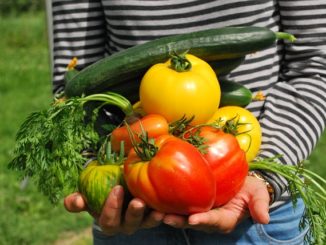
The UK’s Growing Livelihoods scheme to foster smaller-scale food growing has added a further five projects to the pilot phase it launched last year. The new arrivals in the Growing Livelihoods family are Bristol’s Beacon Farms, the Cwm Harry Cultivate group in south Wales, Cloughmills Community Action Team in Northern Ireland, the Cornish Tamar Grow Local group and Falkland Small Growers in Fife. The Tamar Grow Local group will convert an agricultural building into a shared packhouse, meeting space and office. This will extend the existing support for new market gardeners, who will be able to work together and establish new routes to market. With the Falkland Estate earning organic certification in May this year, two new businesses have been set up to establish a network of local growers. Falkland Kitchen Farm and Meadowsweet Organics are part of a plan to share equipment and services such as marketing organic crops. Cloughmills Community Action Team is building a geodesic dome, like the Eden Project, in which hydroponic salad crops will be grown, alongside mushrooms raised on […]
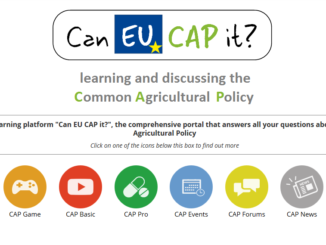
+++++UPDATE+++++ In case you missed it or you’d like to reCAP: Watch the webinar ‘Greening or Green-Washing?’ hosted by ARC2020’s Samuel Féret here: By loading the video, you agree to YouTube’s privacy policy.Learn more Load video Always unblock YouTube Guest article by Michaela Skodova Groupe de Bruges ARC2020’s Samuel Feret will deliver a webinar 30 minute CAP Webinars on Tue, Sep 29, 2015 11:30 AM – 12:30 PM BST. To register, please follow this link. Feret’s topic is “CAP: greening or green-washing?”. Feret, Groupe de Bruges president is one of the authors for the CAP Pro course. Each month experts will give a 30 minute webinar on one of the current issues in the implementation of the CAP. Check the ‘Can EU CAP it?’ platform for more information and sign up for the next one. All aspects of the platform are free. Get your CAP on and join us! The platform consists of five parts: CAP Game, CAP Basic videos, CAP Pro course, CAP Webinars & CAP Forums. We would like to raise your attention […]
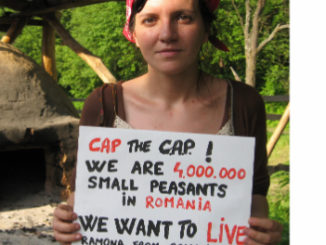
Along with Land grabbing, CAP and how it is interpreted in Romania, are negatively effecting family farms in Romania. […]
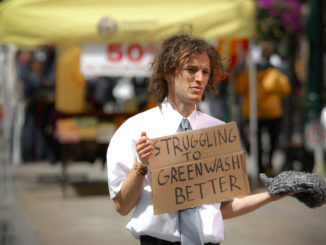
Greening was weak enough to begin with. Now, many ministers and the Commissioner himself seem to see the genuine greening component of CAP as more honoured in the breach than in the observance. […]
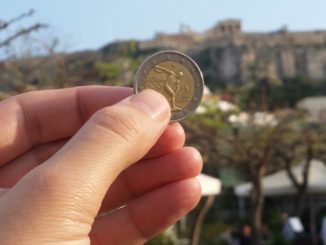
New ARC2020 correspondent Pavlos Georgiadis on Greece, the economic and political crisis and agri-food’s role in it […]
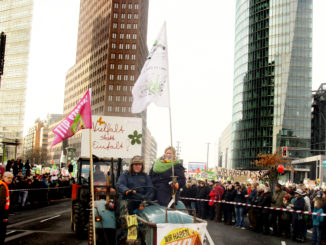
ARC2020 UPDATE and Comment 28/05/2015 According to leaked EU Commission documents mandatory origin labeling for food will not be introduced. While there is already a voluntary label on mainstream meat products, both milk products and other meat products (such as “horse meat, rabbit and game”) will also only be eligible for the voluntary label. There will be no mandatory label for any meat or milk or processed foods now, according to the ViEUws report, because this would lead to “higher operating costs and a hike in food prices…it would also “disrupt cross boarder trade and increase costs”. So, reports ViEUws, the EU is likely to keep this labeling as Voluntary. (See at 5 mins 51 sec in the recent ViEUws Brussels Briefing at end of this post). This is remarkably similar to the language and reasoning of the WTO, as outlined below by Shefali Sharma. This also points to significant regulatory harmonisation, a form of ISDS by the back door. Article by Shefali Sharma of IATP. On May 8th, President Obama told a crowd in Oregon: […]
Agricultural and Rural Convention